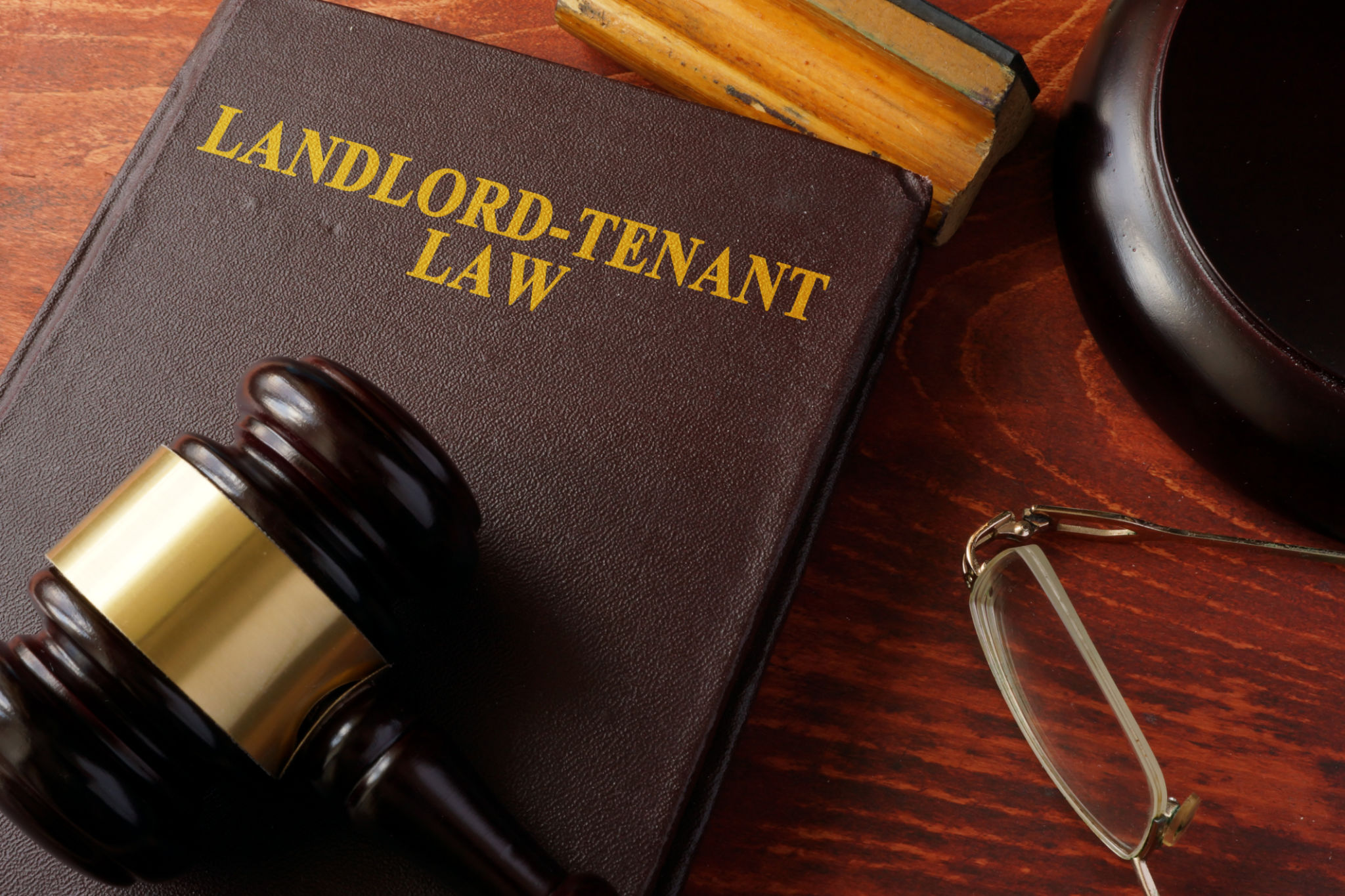The Legal Side of Evictions: A Landlord’s Guide to Navigating Complex Situations
Understanding the Basics of Evictions
Evictions can be a challenging and complex process for landlords, often fraught with emotional and financial implications. Understanding the legal side of evictions is crucial to navigate these situations effectively and lawfully. Landlords need to be aware of their rights and responsibilities, as well as those of their tenants, to ensure a smooth process.
Evictions are typically governed by state and local laws, which can vary significantly. Before proceeding, landlords should familiarize themselves with these regulations to avoid potential legal pitfalls. It's also advisable to consult with a legal professional who specializes in landlord-tenant law to obtain personalized advice.

Valid Grounds for Eviction
One of the most critical aspects of the eviction process is ensuring that there are valid grounds for eviction. Common reasons include non-payment of rent, violation of lease terms, or illegal activities conducted on the premises. Landlords must document these issues meticulously, as this documentation will be vital if the case goes to court.
Before initiating an eviction, it's wise to communicate with the tenant to try and resolve the issue amicably. Not only can this save time and money, but it may also maintain a positive relationship between landlord and tenant.
Initiating the Eviction Process
Once it is clear that eviction is necessary, landlords must follow the proper legal procedures for their jurisdiction. This often starts with providing the tenant with a formal notice, which specifies the reason for eviction and any actions they can take to remedy the situation. The notice period can vary based on the reason for eviction and local laws.
If the tenant fails to comply with the notice, landlords can then file an eviction lawsuit. This step requires careful attention to detail, as any mistakes in paperwork or procedure can result in delays or dismissal of the case.

Attending Court Hearings
After filing for eviction, landlords may need to attend a court hearing. This is where having well-documented evidence and a clear understanding of the case becomes essential. The judge will consider all evidence presented by both parties before making a decision.
Landlords should be prepared to present their case professionally and respectfully, demonstrating how the tenant has breached their lease agreement or engaged in unlawful activities. Legal representation is recommended to navigate the complexities of courtroom procedures effectively.
Executing the Eviction
If the court rules in favor of the landlord, they will receive a judgment for possession, allowing them to reclaim their property. It’s important to note that only authorized personnel, such as a sheriff or marshal, can enforce this judgment and physically remove the tenant if necessary.
Landlords should avoid taking matters into their own hands, as illegal evictions can lead to significant legal repercussions, including fines and potential lawsuits from tenants.

Preventing Future Issues
To minimize the risk of future evictions, landlords should implement thorough tenant screening processes. This includes credit checks, background checks, and verifying references from previous landlords. A well-drafted lease agreement that clearly outlines all terms and conditions can also help prevent misunderstandings.
Regular communication with tenants can address issues before they escalate to eviction. By fostering a cooperative relationship, landlords can create a more stable and pleasant living environment for everyone involved.
